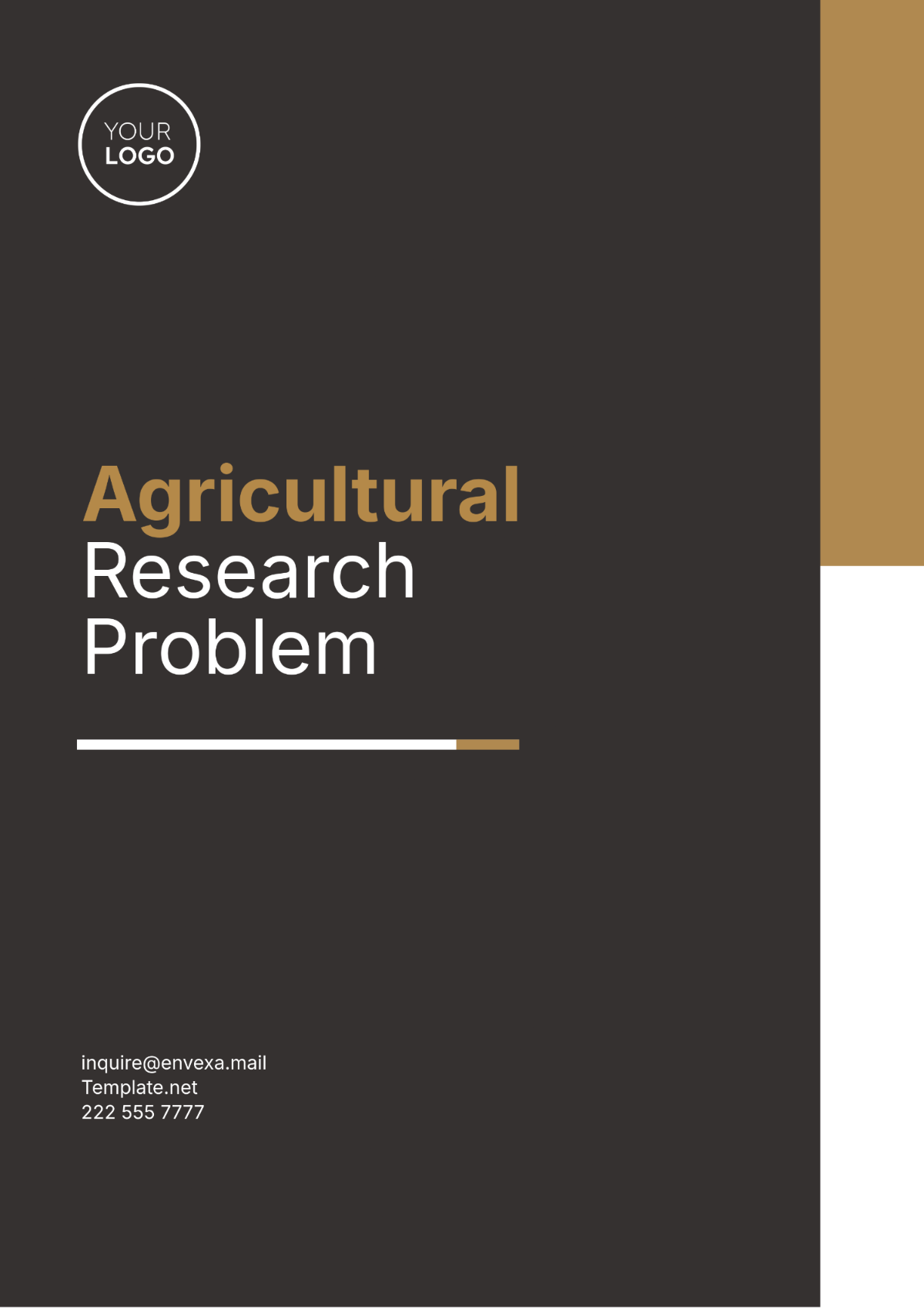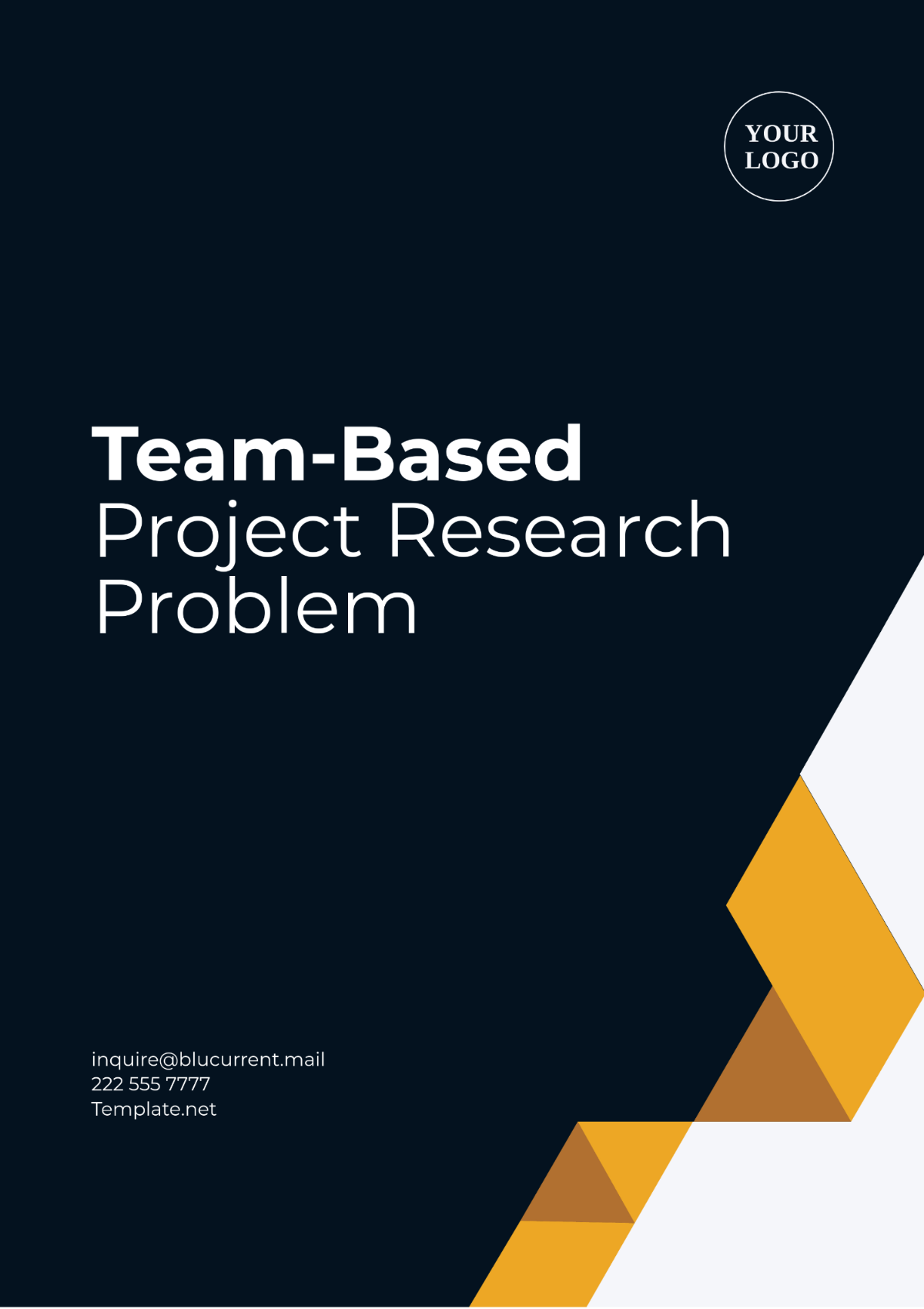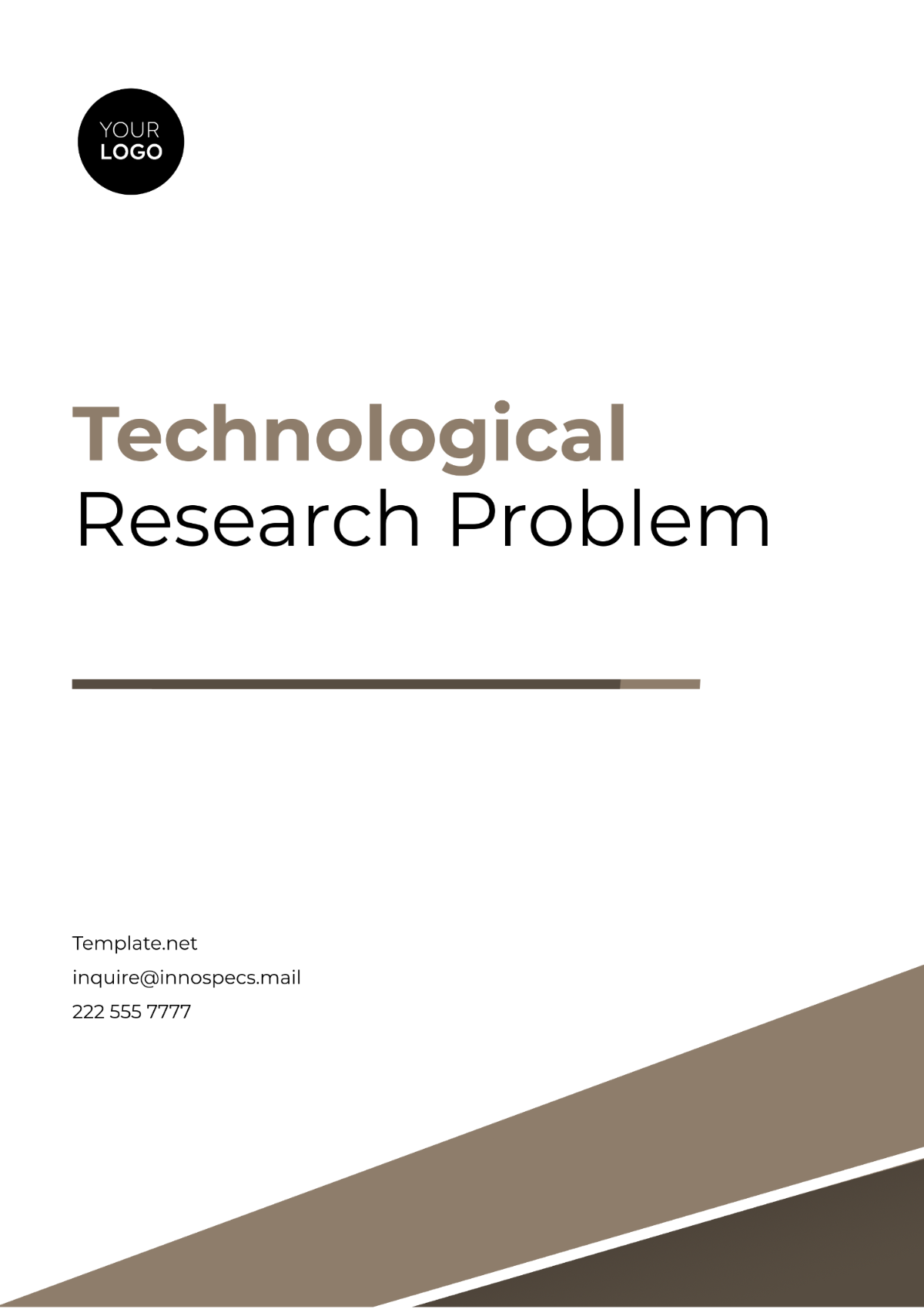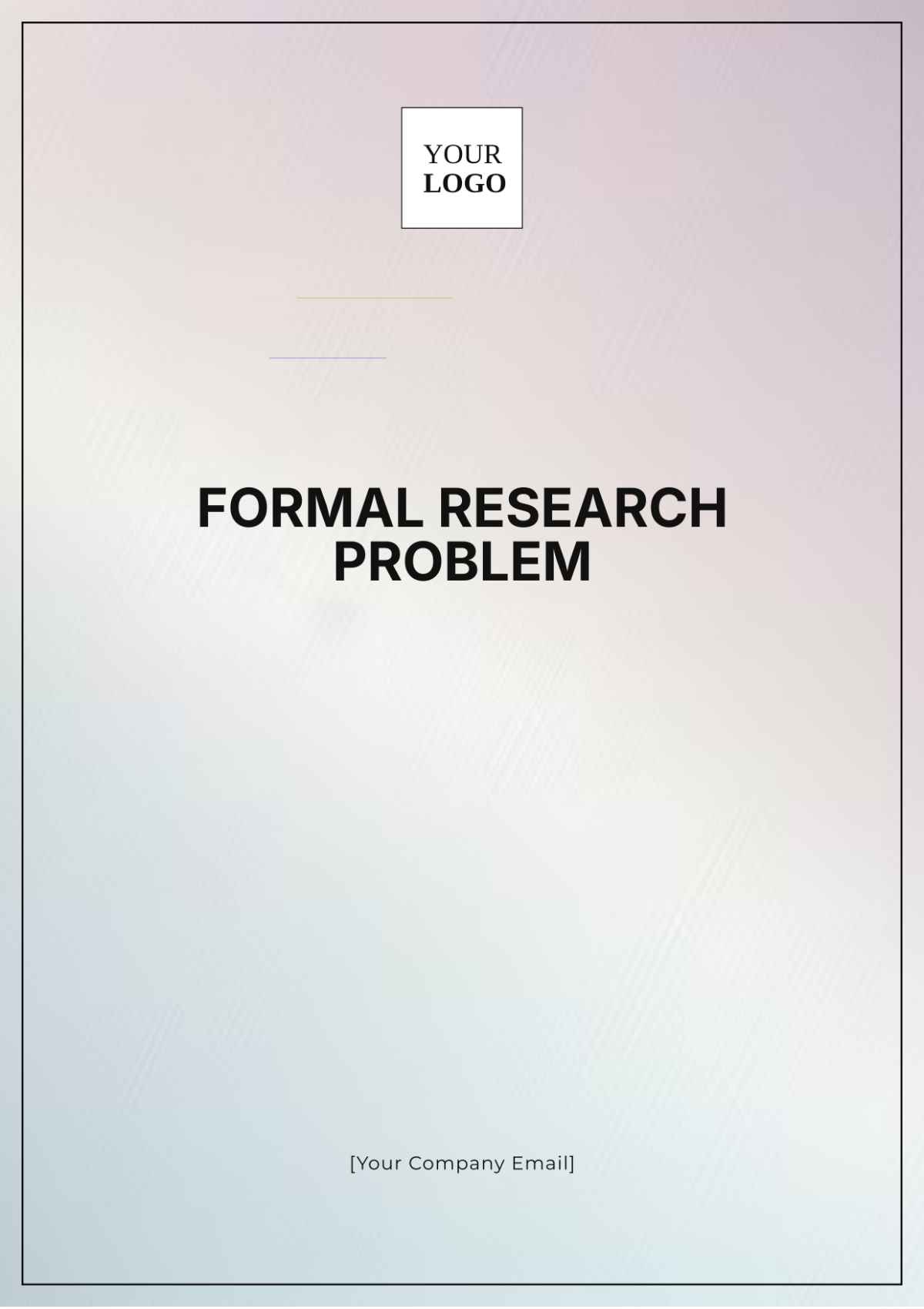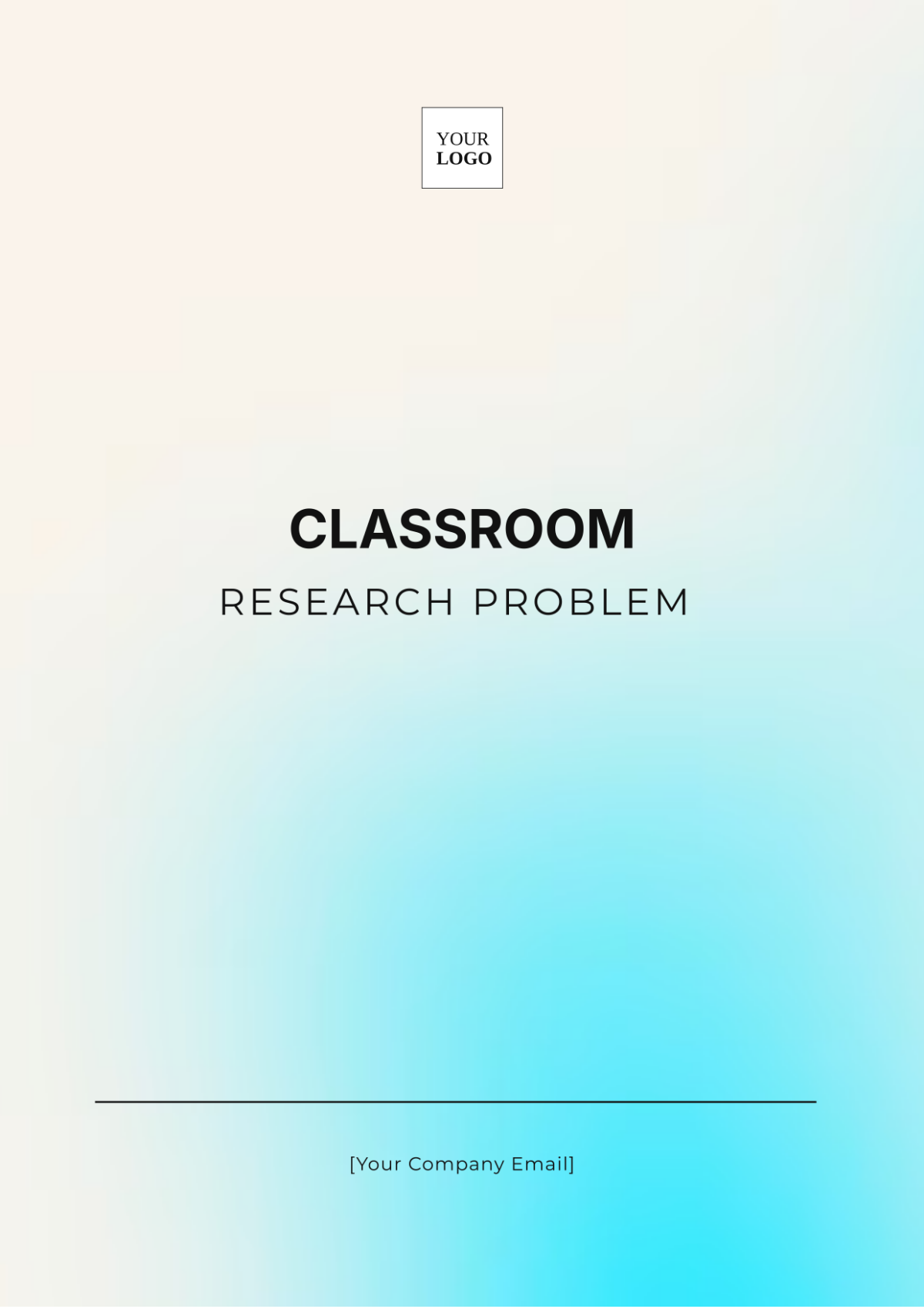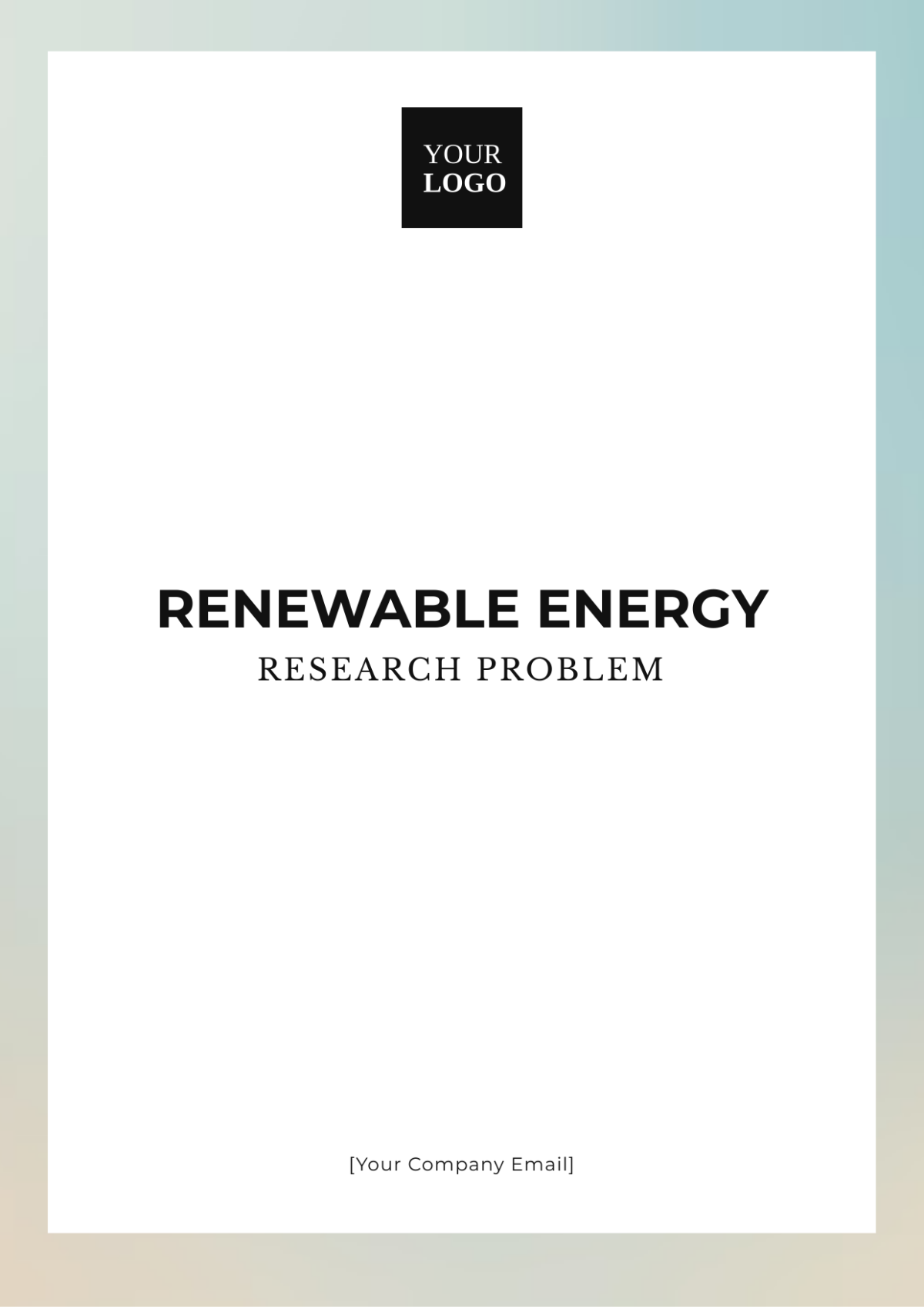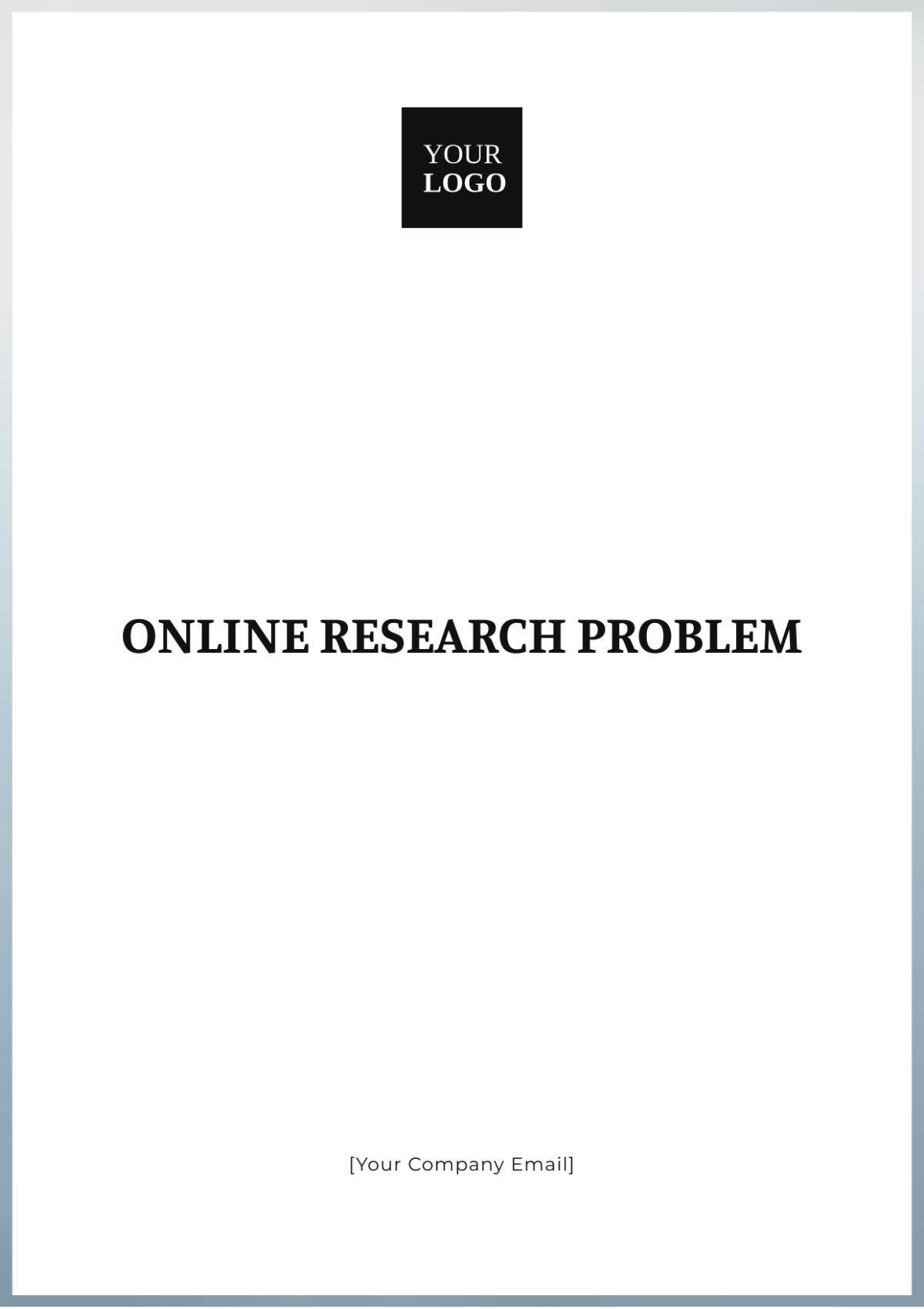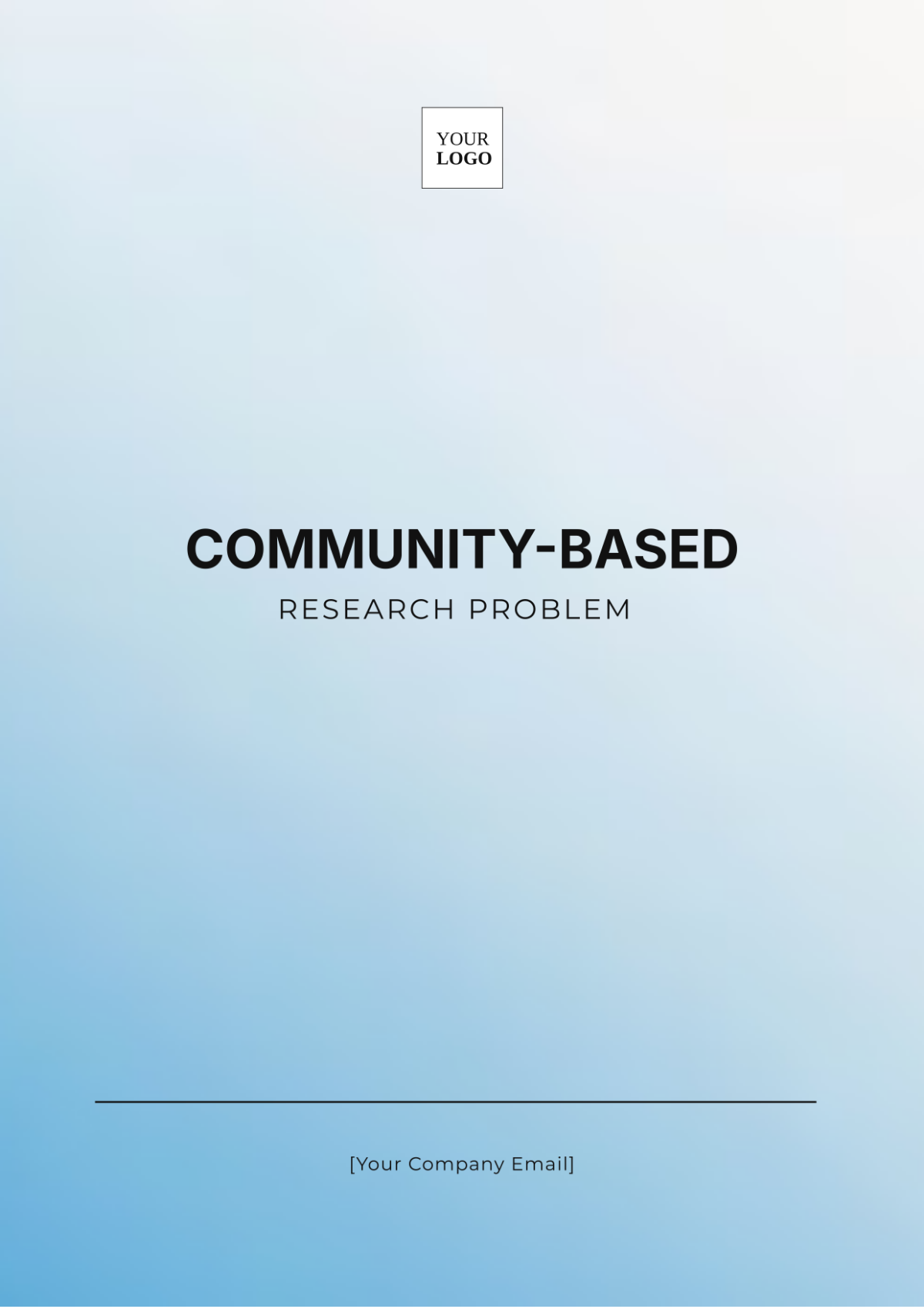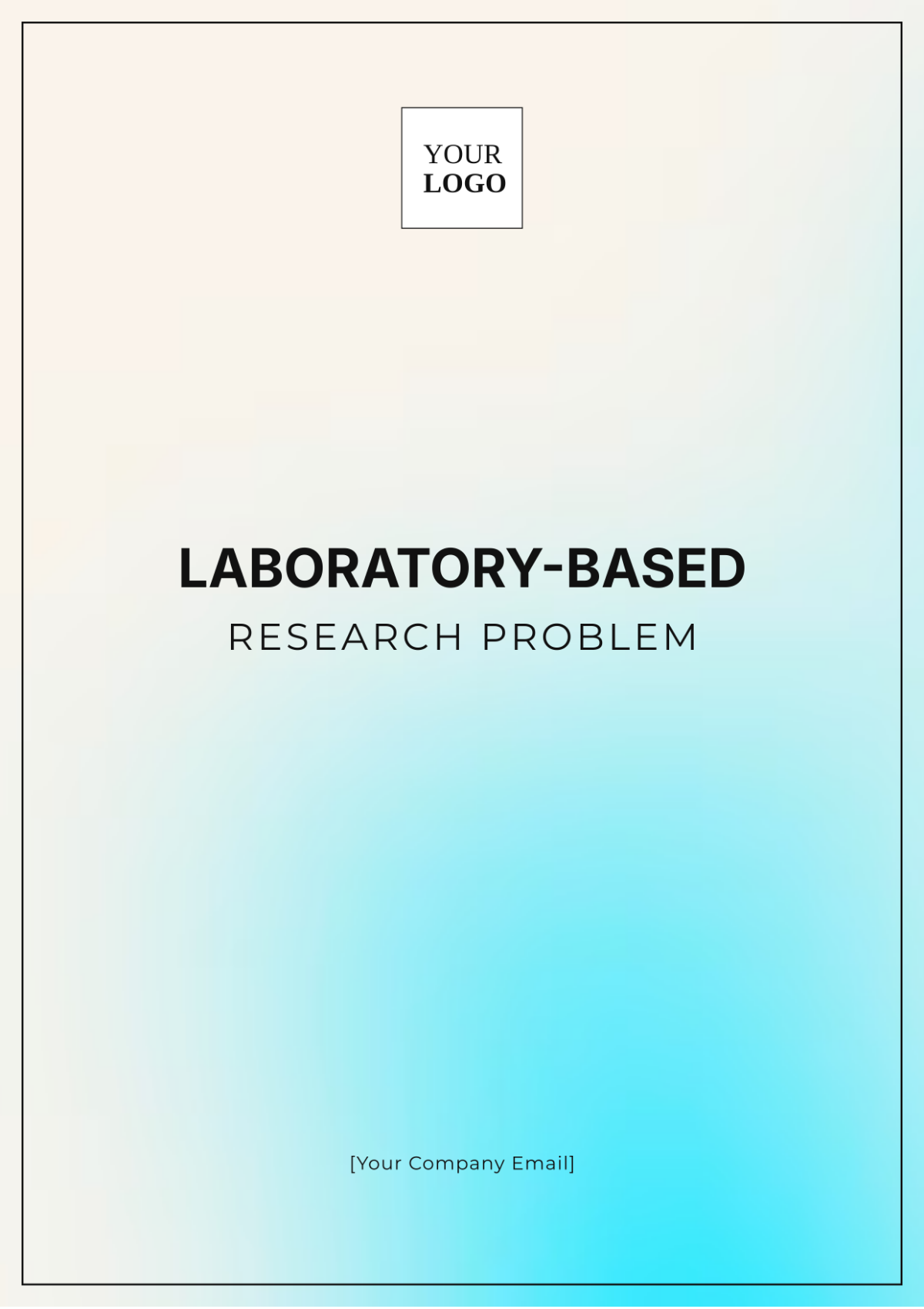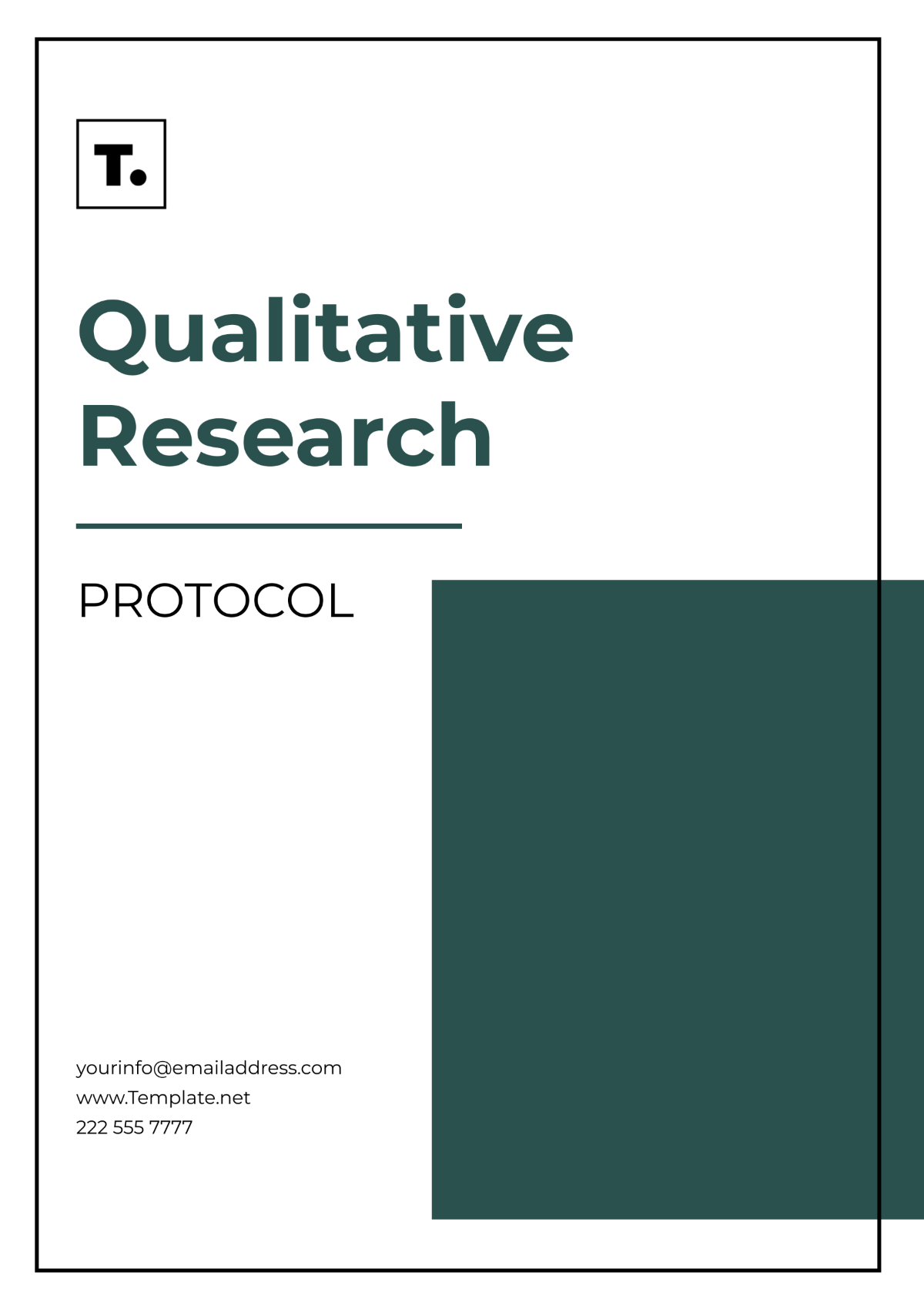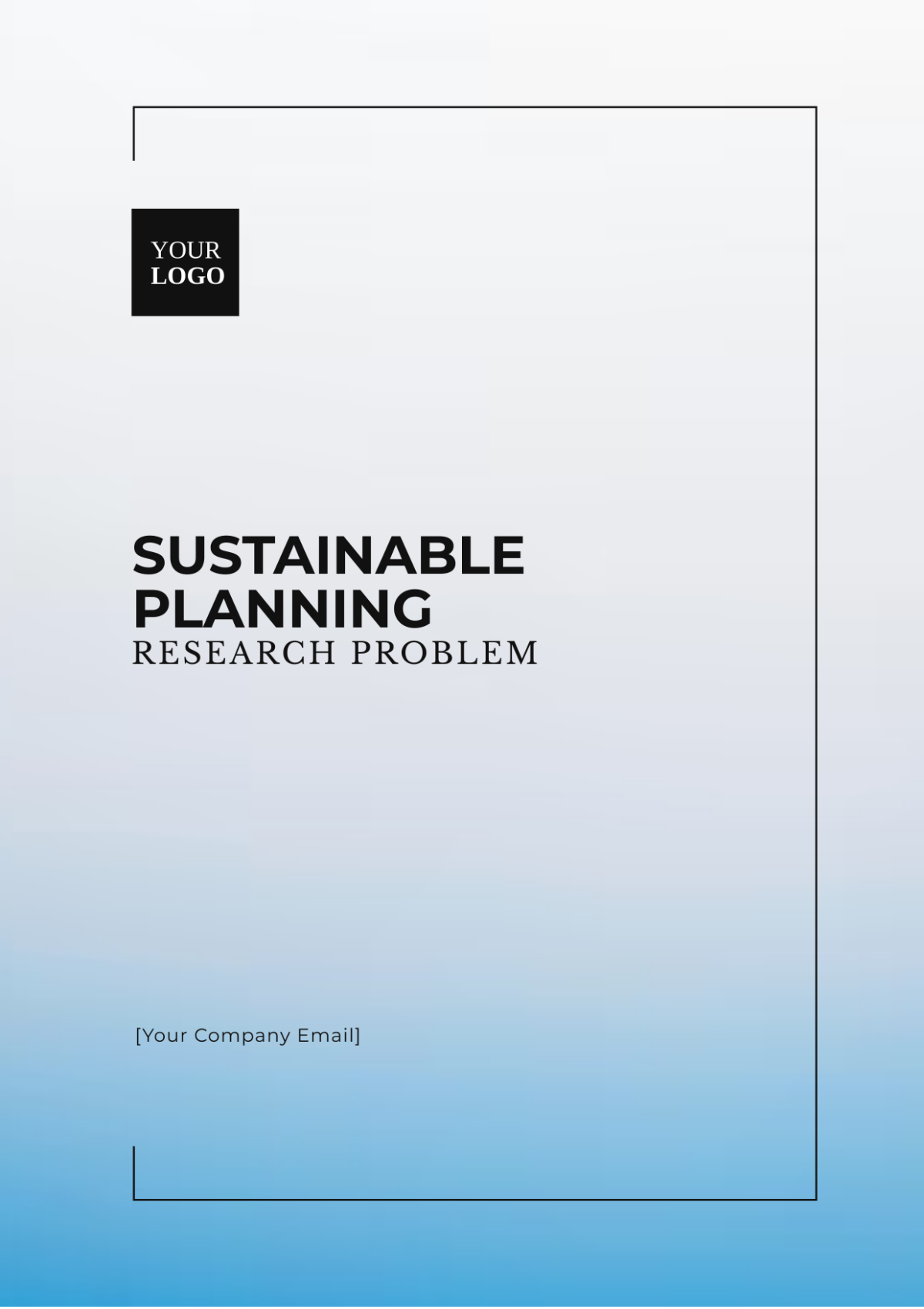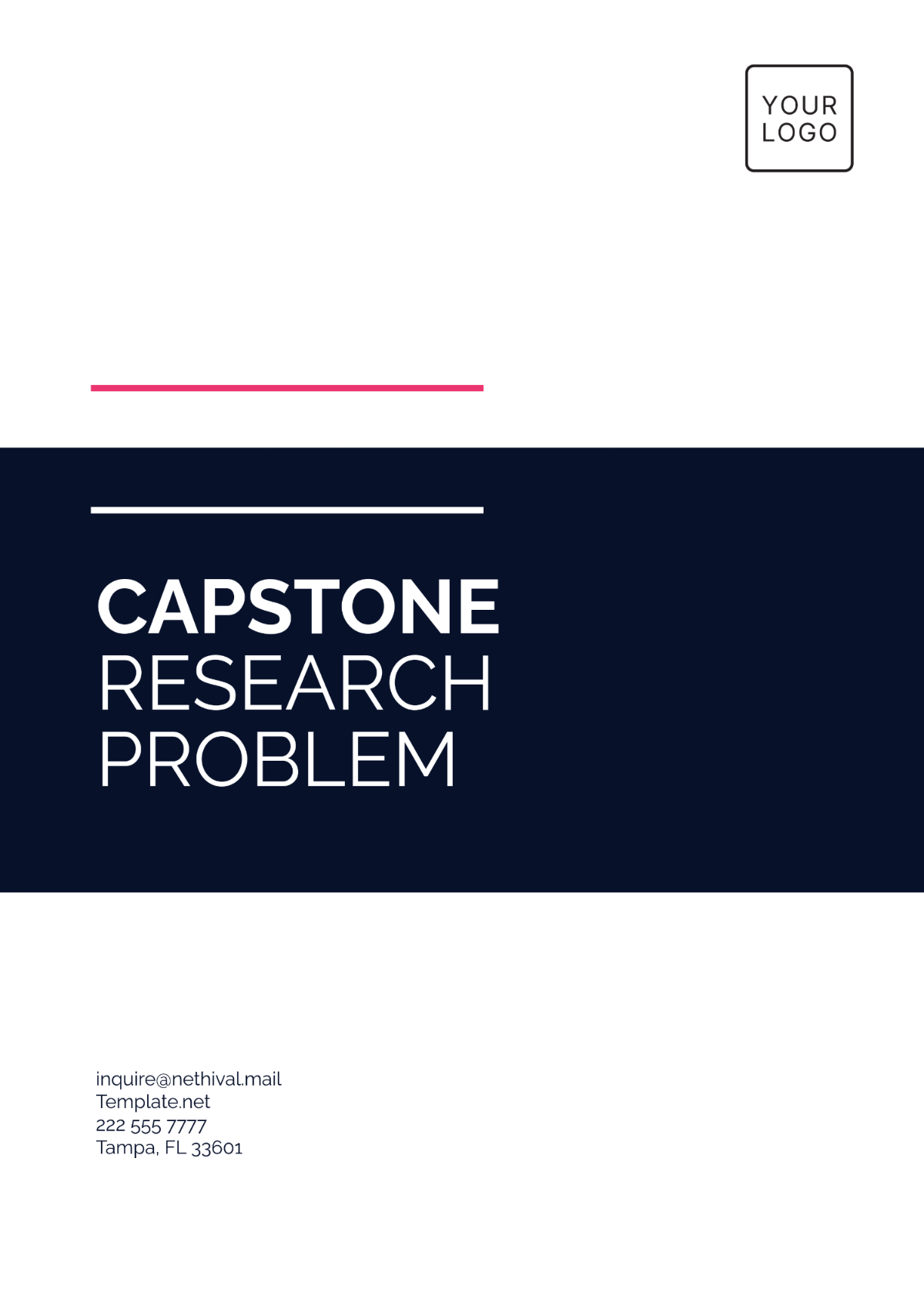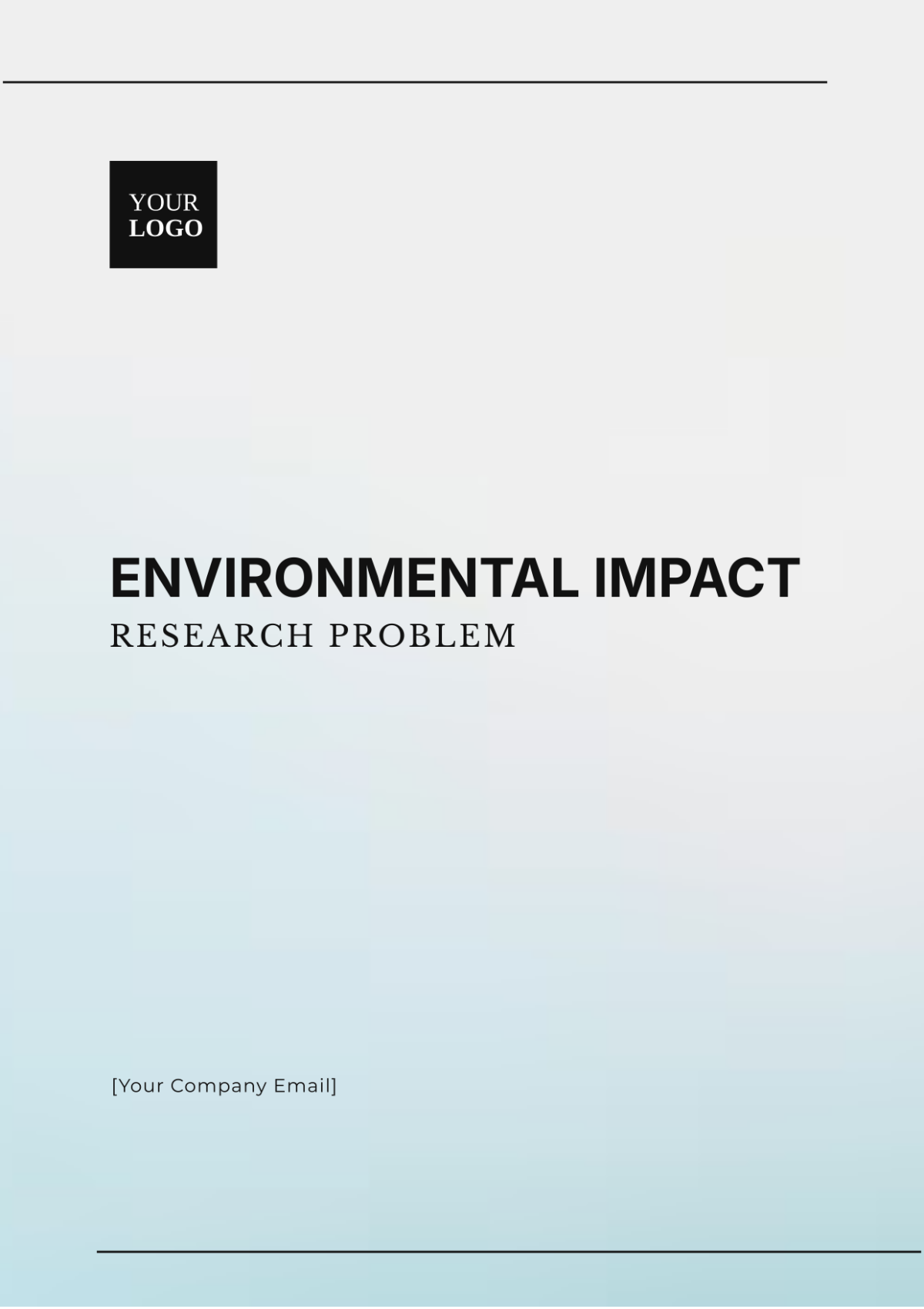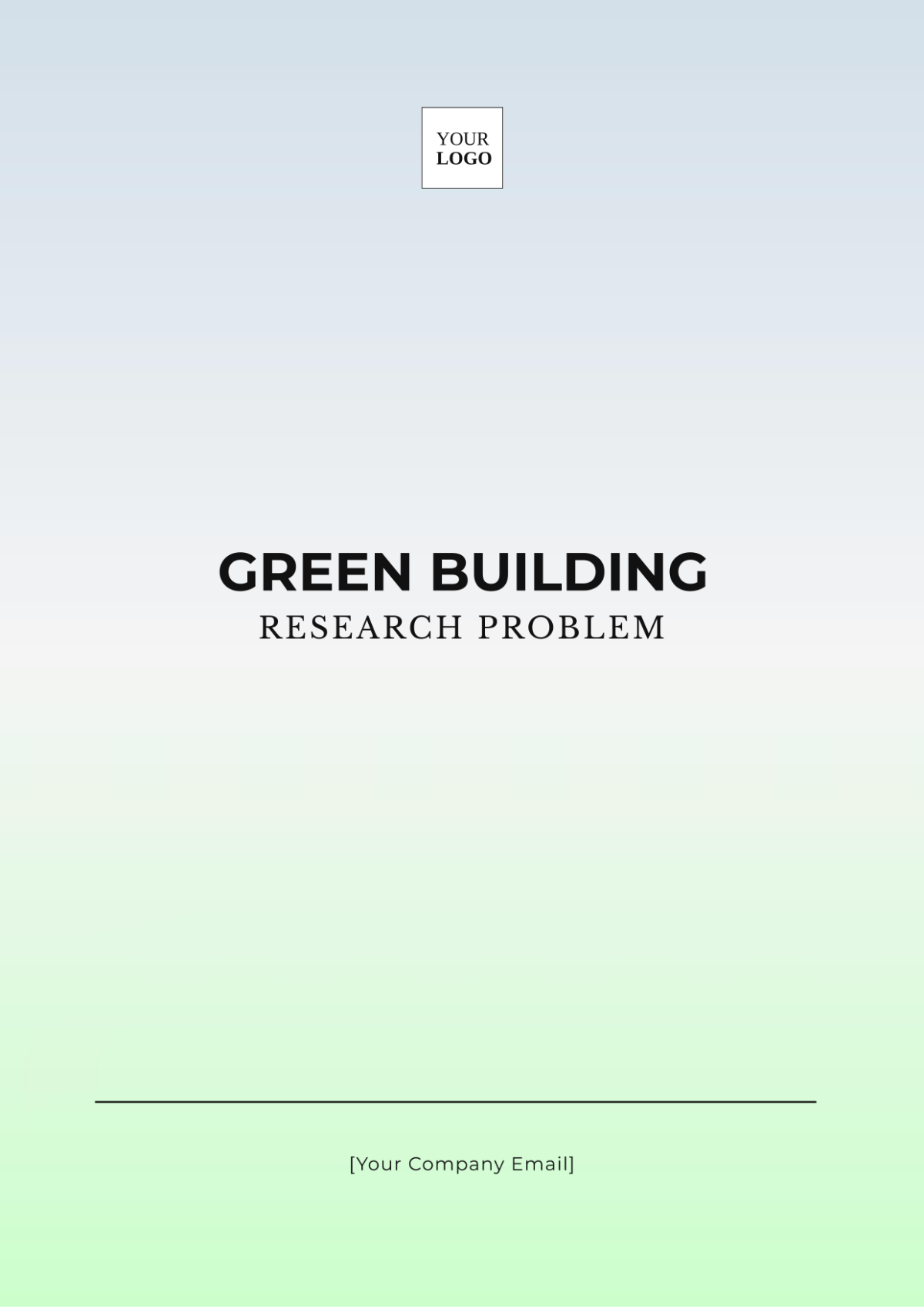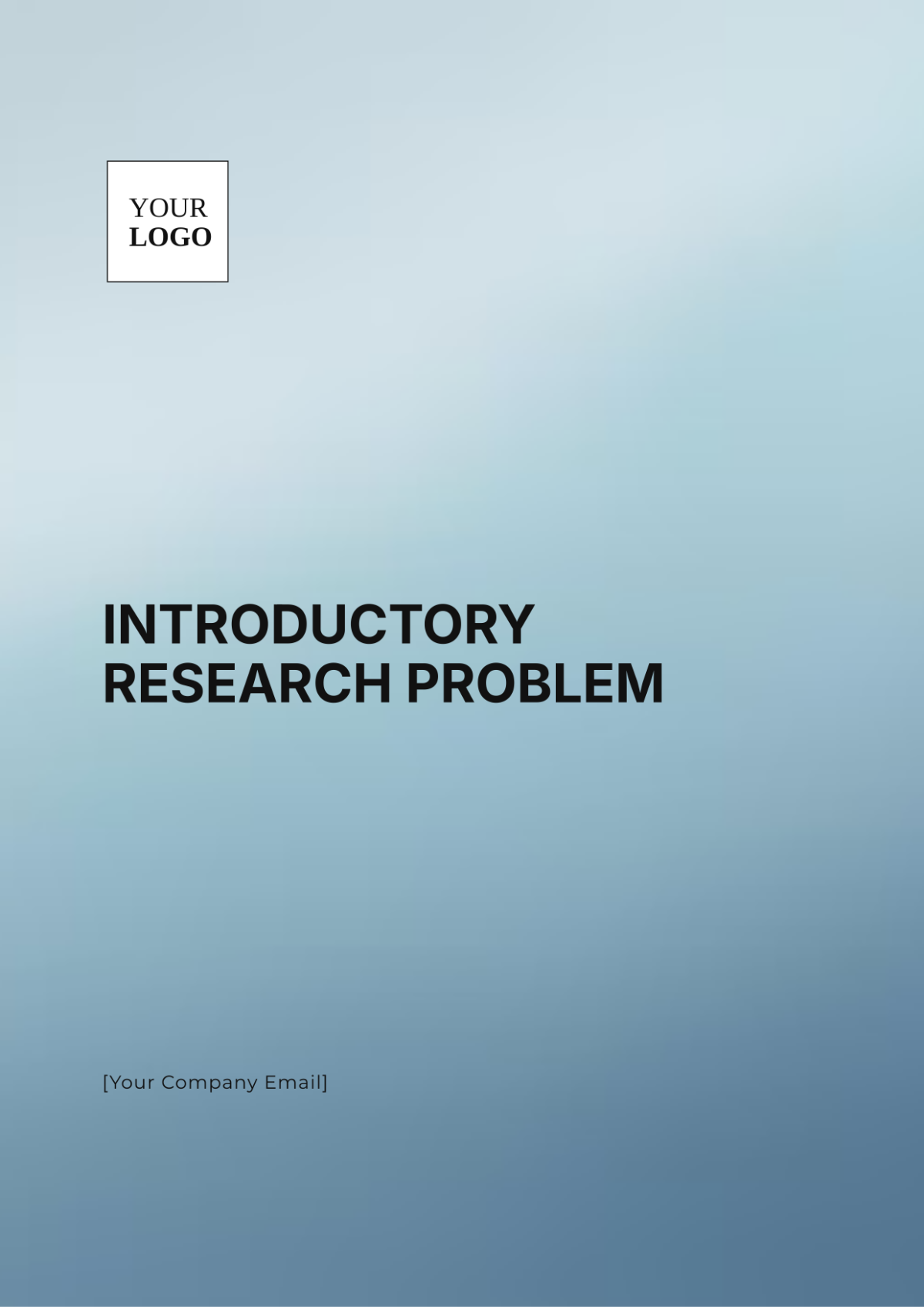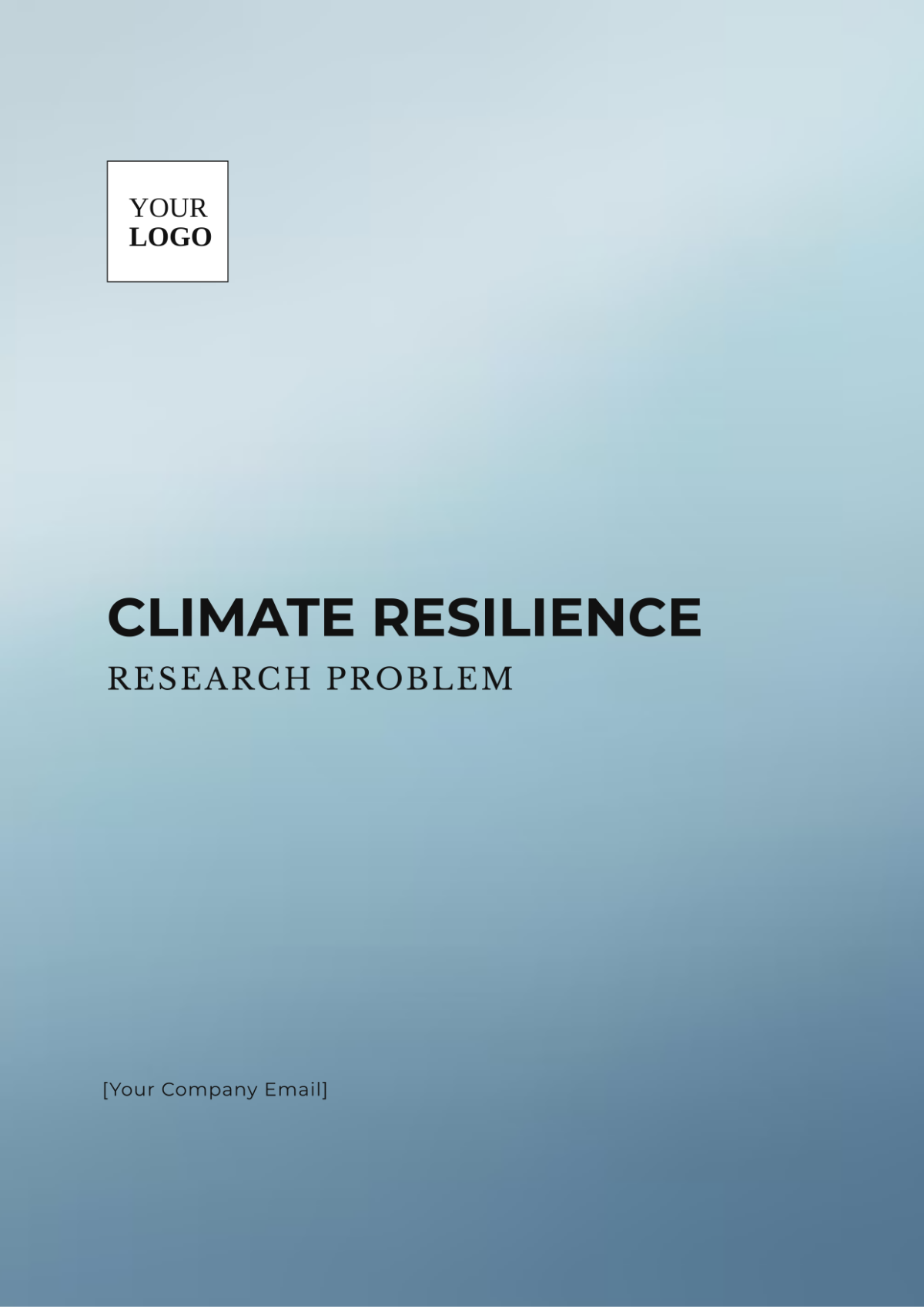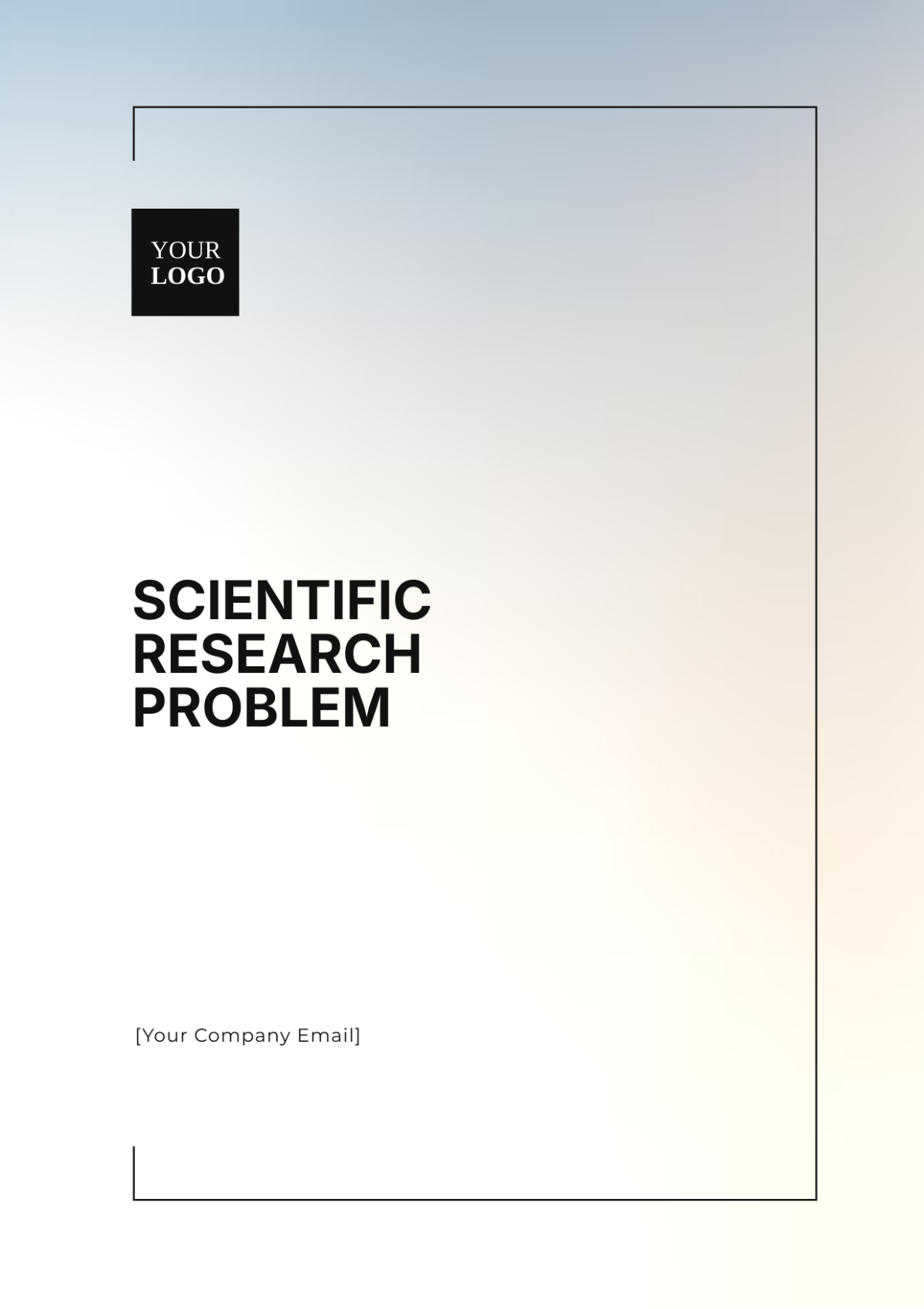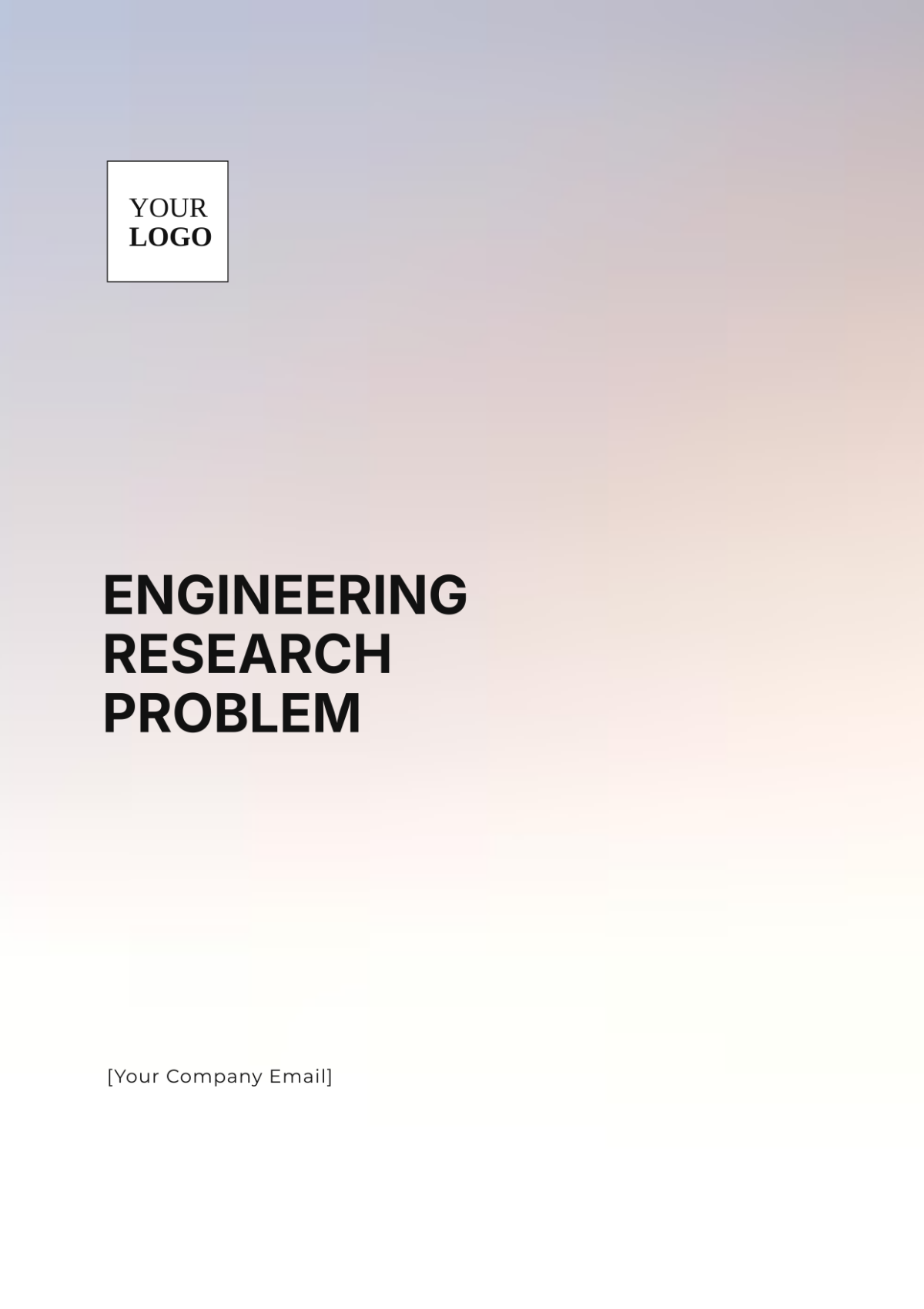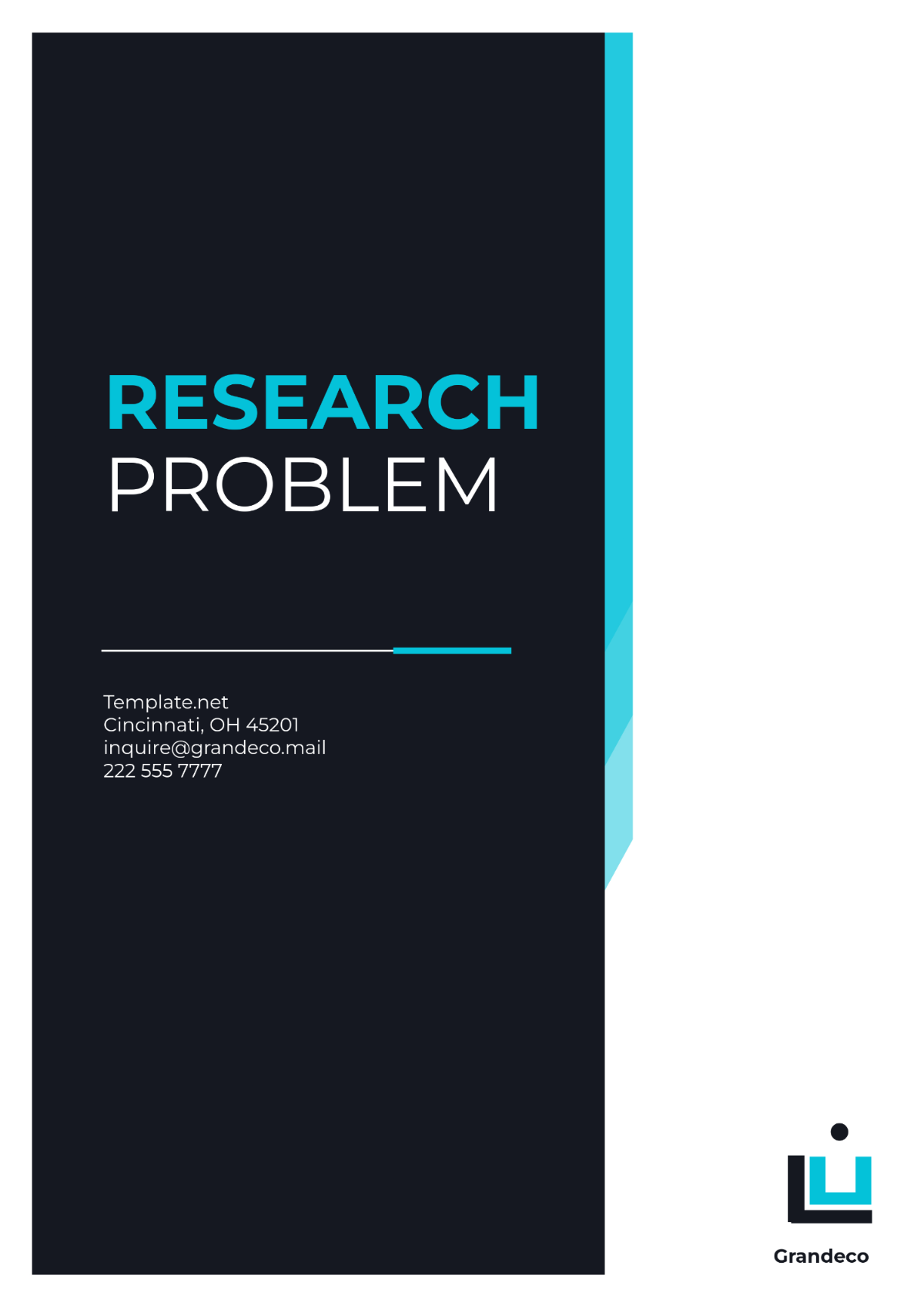Renewable Energy Research Problem
Prepared by: [YOUR NAME]
Date: [DATE]
Renewable energy research is pivotal in addressing the pressing challenges of climate change and energy sustainability. One specific area of interest within this field is the optimization of wind energy systems, which face several technological limitations. This research aims to identify these limitations, assess the current knowledge gaps, and propose innovative solutions to enhance the efficiency and sustainability of wind energy systems.
I. Introduction
Wind energy is one of the fastest-growing renewable energy sources worldwide. Despite its potential, several technological challenges impede its efficiency and widespread adoption. These challenges include limitations in turbine technology, energy storage, grid integration, and environmental impacts. Addressing these issues requires comprehensive research to develop new methods and technologies that can enhance wind energy systems.
II. Identifying Technological Limitations
Turbine Technology:
Material fatigue and durability
Aerodynamic efficiency
Noise reduction
Adaptability to variable wind speeds
Energy Storage:
Battery capacity
Lifecycle and disposal of storage systems
Pumped hydro storage limitations
Grid Integration:
Intermittency and reliability
Advanced grid management systems
Infrastructure costs
Environmental Impacts:
Wildlife disruption
Land use and visual impact
Emissions during the manufacturing process
III. Current Knowledge Gaps
Several gaps exist within current wind energy research, including:
Lack of long-term data on turbine performance and reliability
Insufficient understanding of offshore wind farm impacts
Limited integration of artificial intelligence in optimizing wind energy
Challenges in the recycling and disposal of turbine materials
IV. Proposed Solutions and Methodologies
Advanced Materials: Research into new composite materials with higher durability and lower weight.
AI Integration: Leveraging artificial intelligence to enhance predictive maintenance and operational efficiency.
Hybrid Systems: Combining wind energy with complementary renewable sources like solar to mitigate intermittency.
Storage Innovation: Developing next-generation batteries and alternative storage methods to improve energy reliability.
Environmental Mitigation: Implementing strategies to minimize wildlife disruption and land use impacts.
V. Table of Comparative Efficiency
Parameter | Traditional Systems | Proposed Innovations |
|---|---|---|
Turbine Durability | 15-20 years | 25-30 years |
Energy Storage Capacity | 100 MW | 250 MW |
Grid Integration Reliability | 85% | 95% |
VI. Conclusion
Addressing the technological limitations in wind energy systems is crucial for maximizing the potential of this renewable resource. This research highlights current knowledge gaps and proposes innovative solutions to enhance the efficiency, reliability, and sustainability of wind energy. Continued efforts in this field can significantly contribute to the global transition towards renewable energy.
VII. References
National Renewable Energy Laboratory. (2050). Wind Energy Technologies Office. Retrieved from https://www.nrel.gov
Smith, J. A., & Johnson, L. T. (2051). Advances in Wind Turbine Technology. Renewable Energy Journal, 34(2), 123-135.
World Wildlife Fund. (2052). Environmental Impacts of Wind Energy. Retrieved from https://www.worldwildlife.org
















